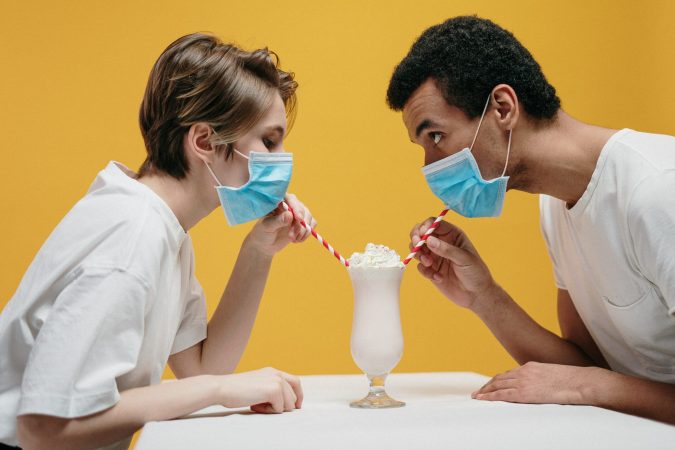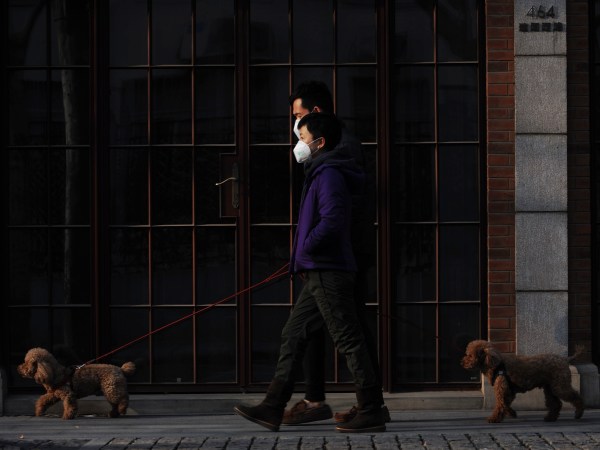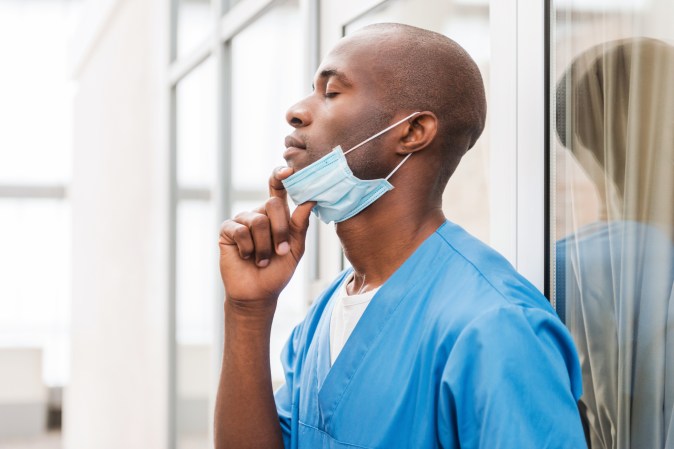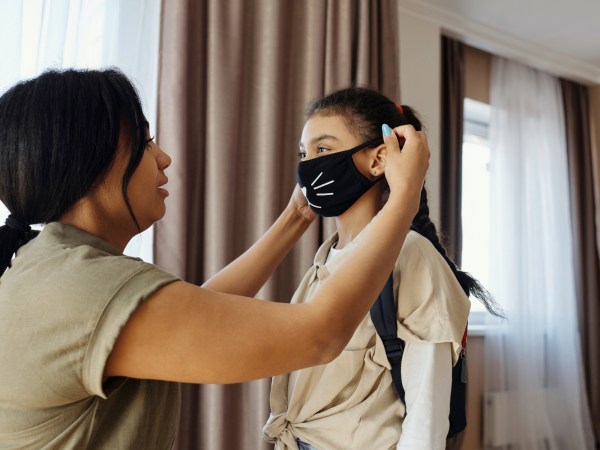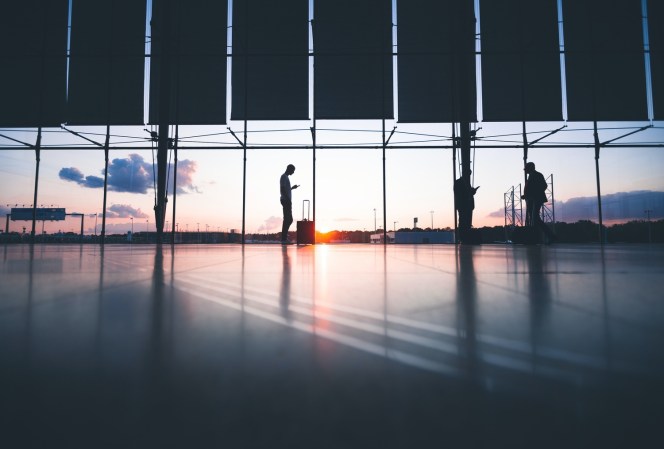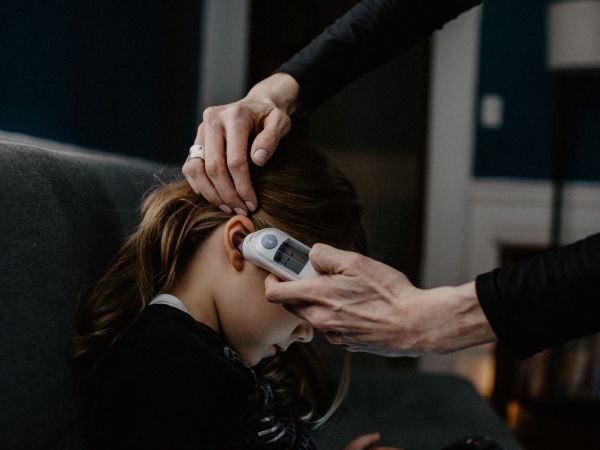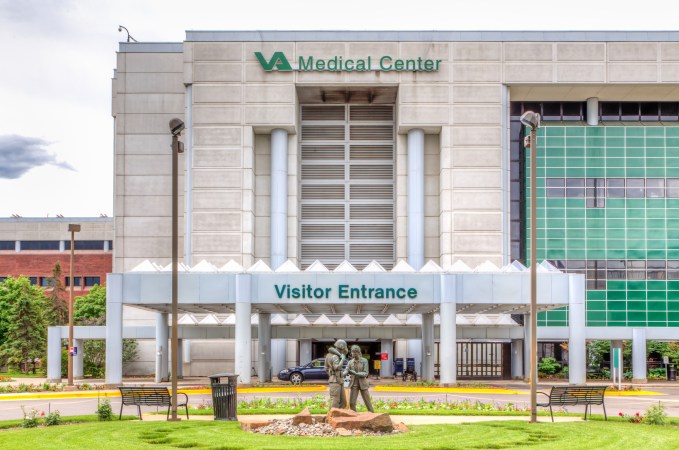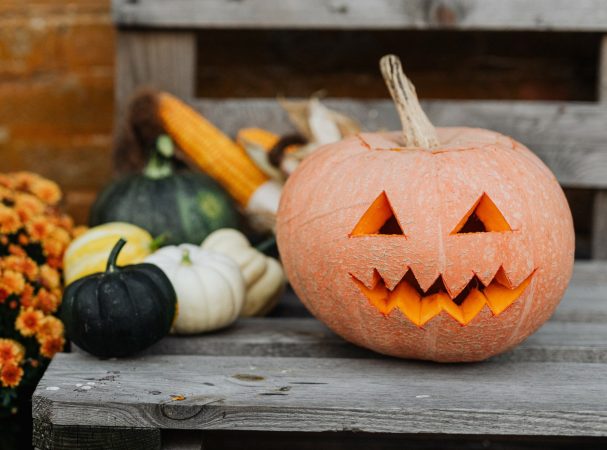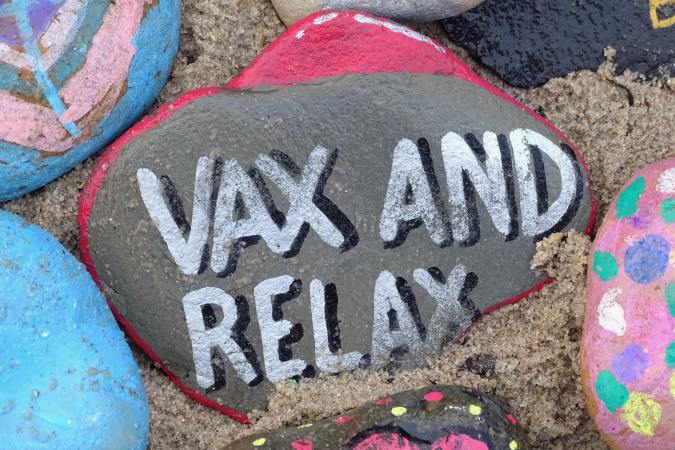

On Monday, the Centers for Disease Control and Prevention released data showing that Omicron has become the most dominant strain of SARS-CoV-2 in the United States. Making up 73 percent of cases reported in the last week, this new strain is spreading even more rapidly than the virulent Delta wave did. While vaccines do offer protection—especially against severe illness and death, and particularly with the help of a third “booster” shot—Omicron poses a newly heightened risk of infection to many Americans who had previously considered themselves out of the woods.
Questions of safety are especially urgent given the impending holiday season. AAA estimates that some 109 million Americans will travel between December 23 and January 2. Here’s what to consider as you weigh the risks and rewards of holiday celebration.
Even if you’re fully vaccinated, you might want to cancel your holiday gatherings to avoid spreading COVID-19
First things first: If you’re not vaccinated, you should be doing everything you can to limit contact with people outside of your household right now. Omicron is spreading quickly, and while reports of dropping hospitalizations in South Africa made some speculate that this variant would be milder than Delta, experts caution that the US could see very different outcomes. At least one US fatality due to Omicron has already been reported, and more are sure to follow. Stick to virtual events this year, and get vaccinated as soon as possible.
If you’re vaccinated, but haven’t yet received a booster dose, you should proceed as if you’re only partially vaccinated—taking similar precautions to the ones you took between your first two doses. Even with a booster, which lowers your chances of catching COVID and greatly reduces the risk of serious illness, you must be prepared for the possibility that you will catch and spread this new variant, including to people who may have less protection against fatal illness than you do. The most responsible thing you can do, as Omicron continues to spread, is to limit your holiday festivities to your own household.
Experts unsettled by the rate of Omicron’s spread have begun to advise against travel and large parties. Some countries have already moved to limit the number of visitors a household can host. At a press conference on Monday, World Health Organization Director-General Tedros Adhanom Ghebreyesus urged would-be revelers to reconsider their plans.
“There can be no doubt that increased social mixing over the holiday period in many countries will lead to increased cases, overwhelmed health systems and more deaths,” Ghebreyesus said. “All of us are sick of this pandemic. All of us want to spend time with friends and family. All of us want to get back to normal… It’s better to cancel now and celebrate later, than to celebrate now and grieve later.”
If staying put at home isn’t on the table, there are still steps you can take to minimize the risk you pose to yourself and others throughout the holiday.
Adapt your travel schedule and party plan to make them as safe as possible
Consider your method of travel, where you and other guests will be traveling from, and who you’re going to mingle with. Is anyone at this gathering particularly vulnerable to COVID-19, either because they’re sick, elderly, pregnant, or too young to be vaccinated? Maybe this isn’t the best time to party with them indoors. But if you must, consider tweaking plans as much as possible to make the day safer. Try to drive if you can; if you’re flying or taking a train, consider traveling early and isolating in private accommodations so you can be sure you didn’t pick up COVID en route.
In the lead-up to your gathering, try to bring your interactions with the outside world back down to what felt safe before you were vaccinated. Avoid spending time indoors with people outside your household, especially for prolonged periods, and certainly not without a mask. Doubling down on social distancing in the days leading up to your trip will minimize your risk of spreading COVID to the other travelers around you.
Use COVID-19 tests to minimize risk—but don’t rely on them completely
Many fully-vaccinated individuals have (quite reasonably) stopped testing with regularity. It’s time to buy a few at-home tests again; if you’re spending time indoors with folks from outside your household in the next few weeks, you should be testing beforehand—period.
But don’t take a negative test as a no-holds-barred pass to smooch your unvaccinated nieces and nephews. Each COVID test you take captures just a single snapshot in time. Your body may not have enough of the virus to trigger a positive result in the morning and then be shedding loads of infectious particles by the afternoon. If you’re coming from an Omicron hotspot, traveling on a plane, and haven’t been social distancing, taking a single at-home antigen test the day after you land tells you pretty much nothing. But if you retest over the course of several days in addition to taking other precautions to mitigate your risk, you’ll at least be able to isolate and protect your family if you get an unexpected positive.
Make sure you talk to your family or friends—whoever it is you’re celebrating the holidays with—to agree on a game plan should anyone test positive. It may be more difficult and upsetting to change plans and keep people apart if those decisions have to be made on the fly.
Brush up on your basic COVID-19 safety precautions
No, you don’t have to start bleaching your groceries again—that’s not how COVID works. But it is time to recommit to the basic COVID-19 precautions that do help. Wash your hands properly and frequently, especially after you’ve been out of the house, when you’re hanging out with other people, and before you eat or cook. Wear a mask whenever you’re interacting with people outside of your own household, and especially when you’re indoors—including on long plane or train rides. For full protection, you should wear a well-fitting N95 mask or something equivalent instead of a cloth face covering. Move gatherings outside whenever possible (even if you have to bundle up or get a heater). Open windows. Sit far apart.
None of these precautions can guarantee you won’t catch COVID-19, especially as Omicron continues to proliferate. But taken together, they greatly reduce your risk of contracting the virus—and, perhaps more importantly, lower the chance that you’ll help it spread to others.
